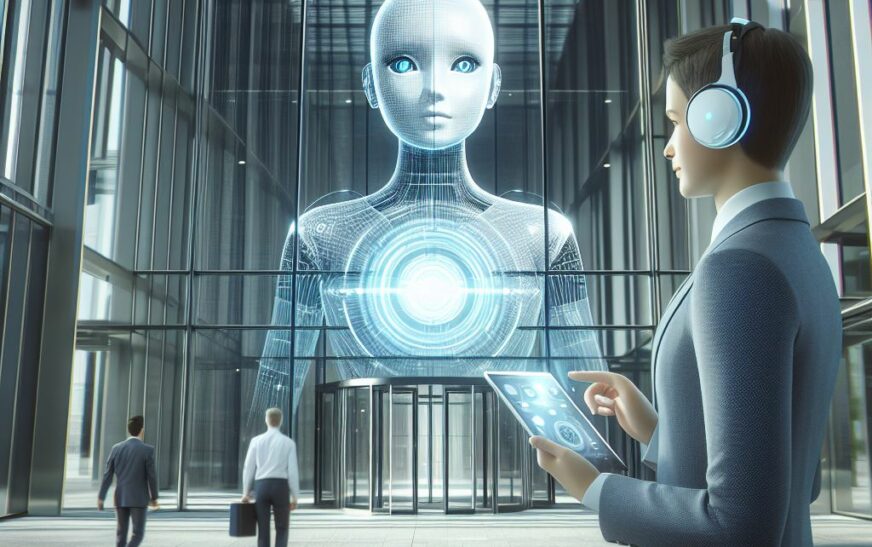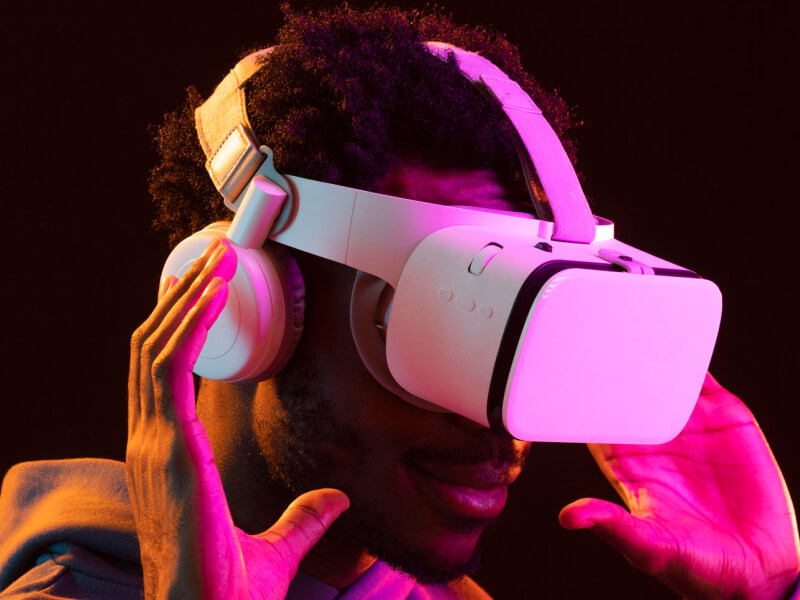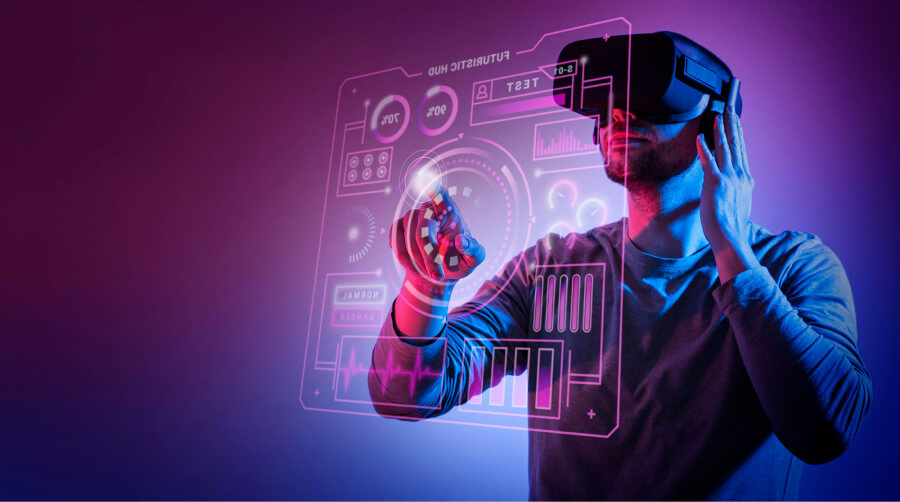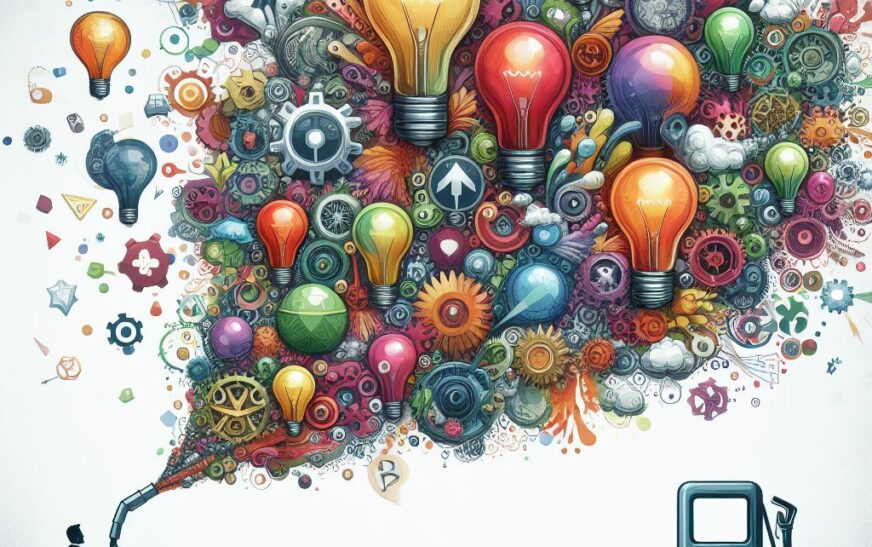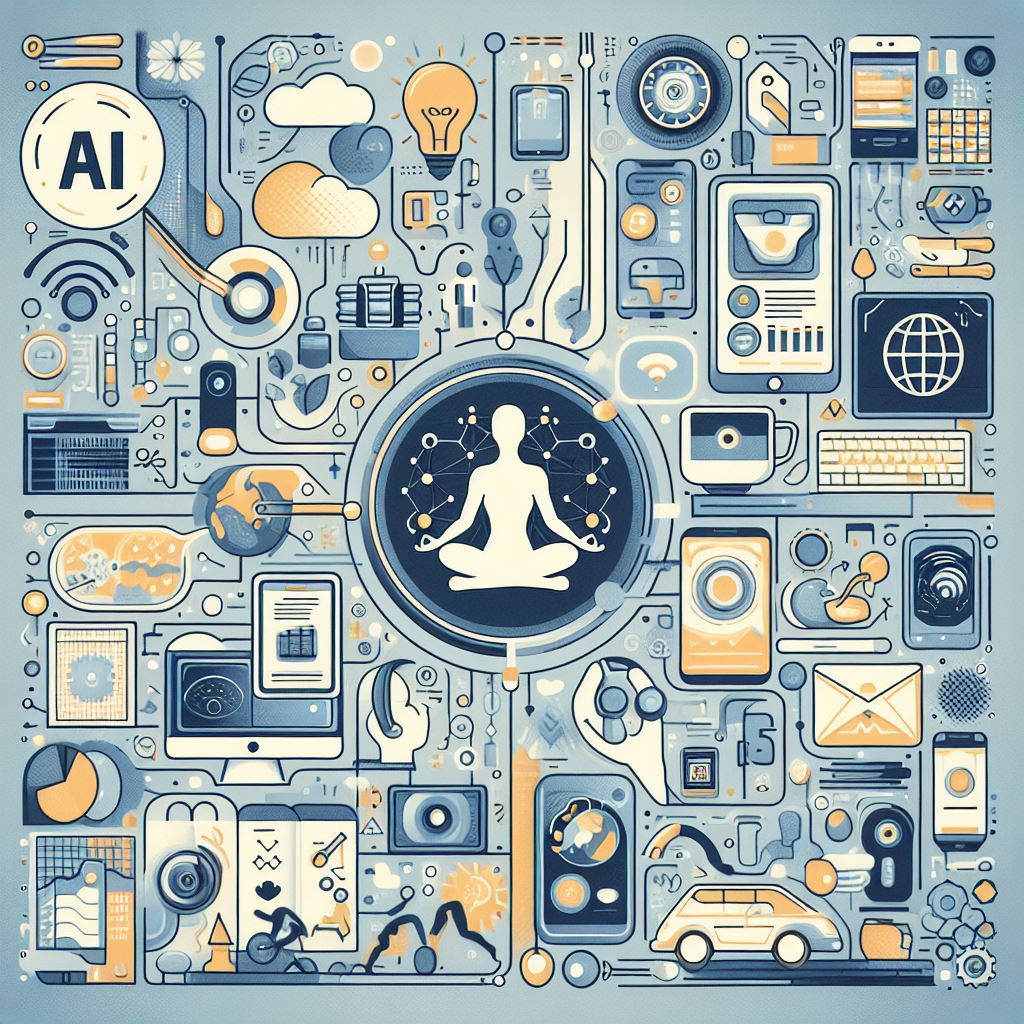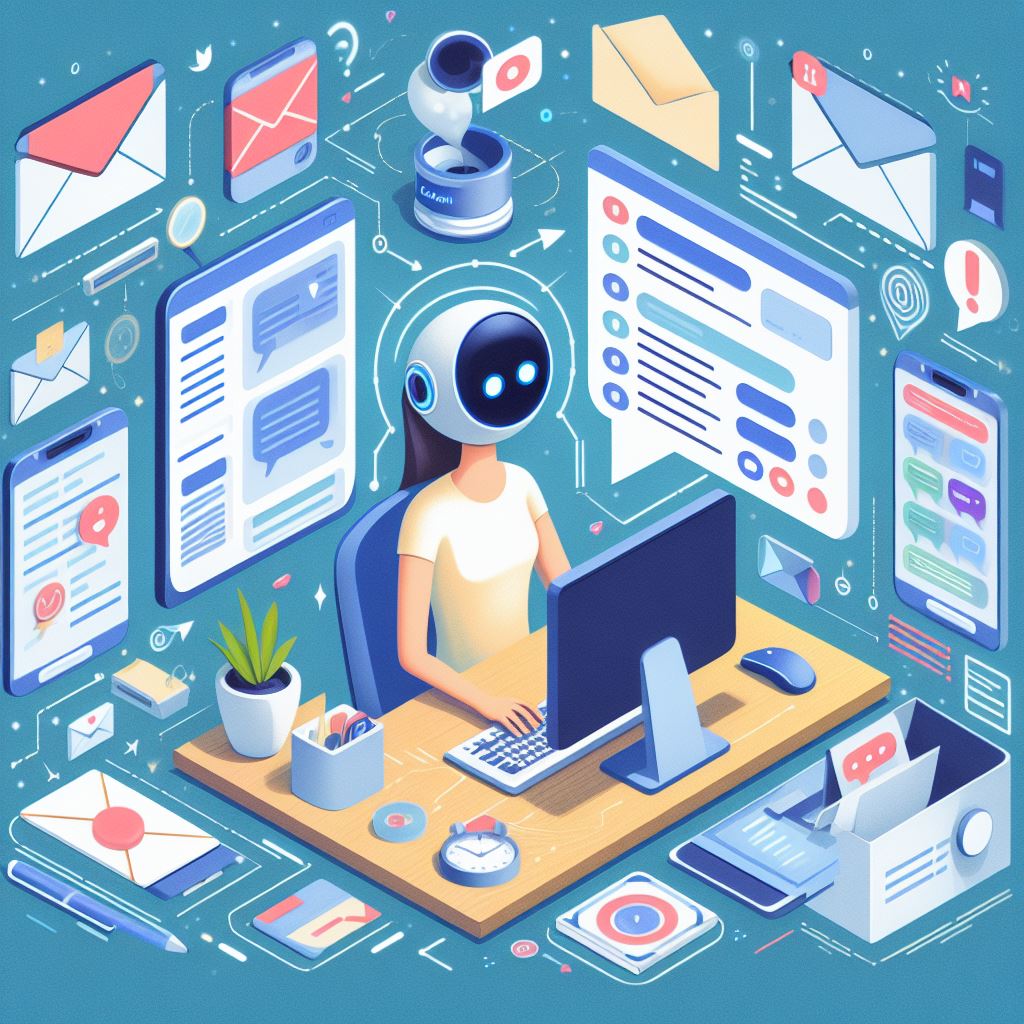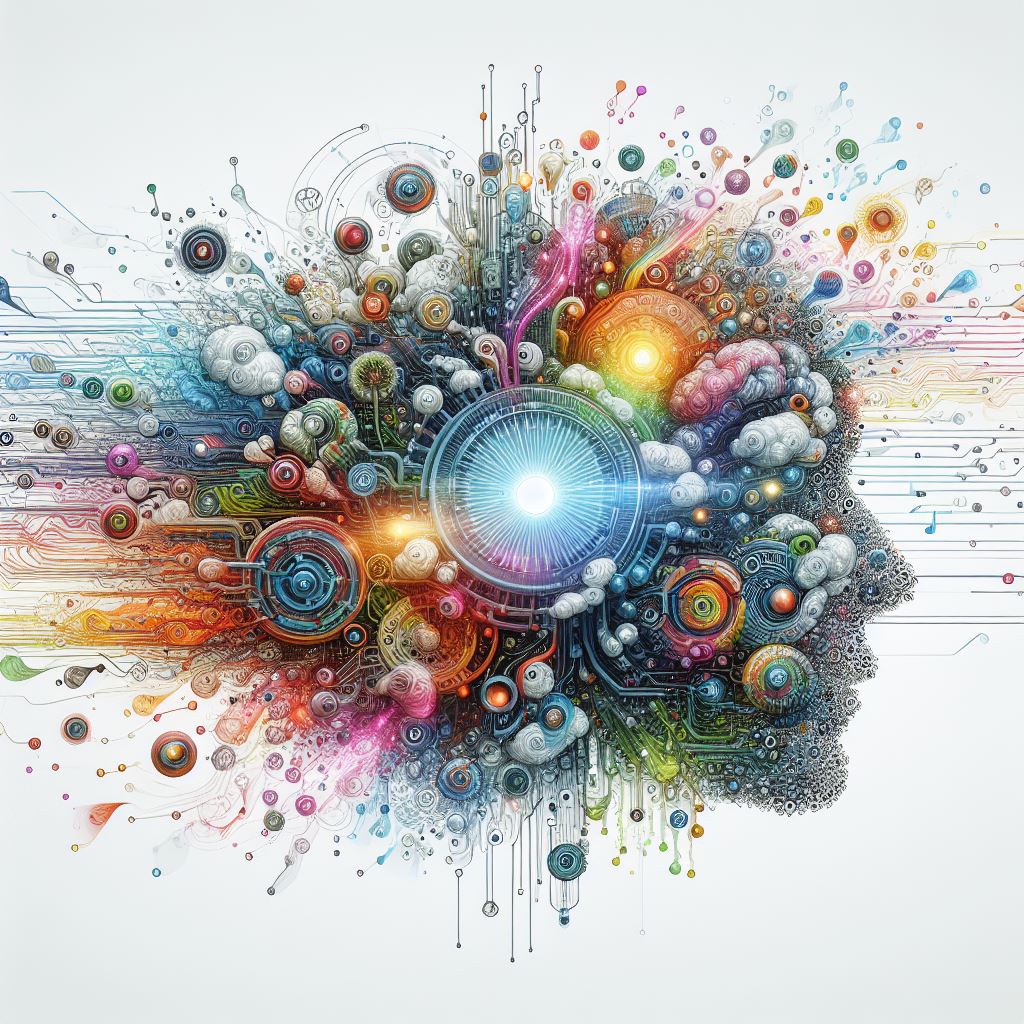The world of technology is a constant sprint, with innovation serving as the fuel that propels us forward. But in this race, a new player has entered the scene – Artificial Intelligence (AI). No longer just a futuristic concept, AI is rapidly transforming the landscape of innovation, acting as a powerful engine that drives the development of groundbreaking technologies.
One of AI’s greatest strengths lies in its ability to unlock insights hidden within vast oceans of data. Traditional methods of analysis often struggle to decipher the intricate patterns and correlations buried within this information. AI, however, utilizes sophisticated algorithms to sift through this data deluge, uncovering trends, predicting future scenarios, and identifying potential avenues for innovation. This data-driven approach allows researchers and developers to explore uncharted territories, pushing the boundaries of what’s possible.
Beyond data analysis, AI also shines in its ability to spark creativity and generate novel ideas. By mimicking the human thought process, AI can explore diverse combinations of concepts, leading to unexpected and groundbreaking solutions. This computational brainstorming can result in breakthroughs in fields like materials science, drug discovery, and even artistic expression. Imagine AI-powered systems generating new materials with unique properties, designing personalized medicine based on individual genetic profiles, or composing music that blends human emotion with machine precision.
Furthermore, AI streamlines the development process, accelerating the journey from concept to reality. By automating repetitive tasks, AI frees up human minds to focus on higher-order thinking and problem-solving. This not only reduces development time and costs but also allows for rapid iteration and experimentation, leading to faster innovation cycles. Imagine AI-powered robots constructing buildings, AI algorithms optimizing manufacturing processes, or AI simulations testing new drug formulations – all in a fraction of the time it would take with traditional methods.
However, it’s crucial to remember that AI is not a magic wand. Its effectiveness hinges on the quality and quantity of data it’s trained on, and ethical considerations need to be carefully addressed. Bias in datasets can lead to biased outcomes, and the increasing reliance on AI-driven systems raises concerns about job displacement and societal impact.
To harness the full potential of AI for innovation, we must ensure responsible development and deployment. This means fostering collaboration between AI researchers, engineers, ethicists, and policymakers. It also means prioritizing transparency and accountability, ensuring that AI systems are used ethically and for the benefit of society as a whole.
In conclusion, AI represents a transformative force in the world of innovation and technology. Its ability to analyze data, generate ideas, and streamline processes is revolutionizing the way we approach technological advancements. By embracing AI responsibly and ethically, we can unlock its immense potential to propel us towards a future brimming with groundbreaking technologies and solutions. So, buckle up, fasten your seatbelts, and get ready for the AI-powered innovation engine to take us on a thrilling ride into the future.

